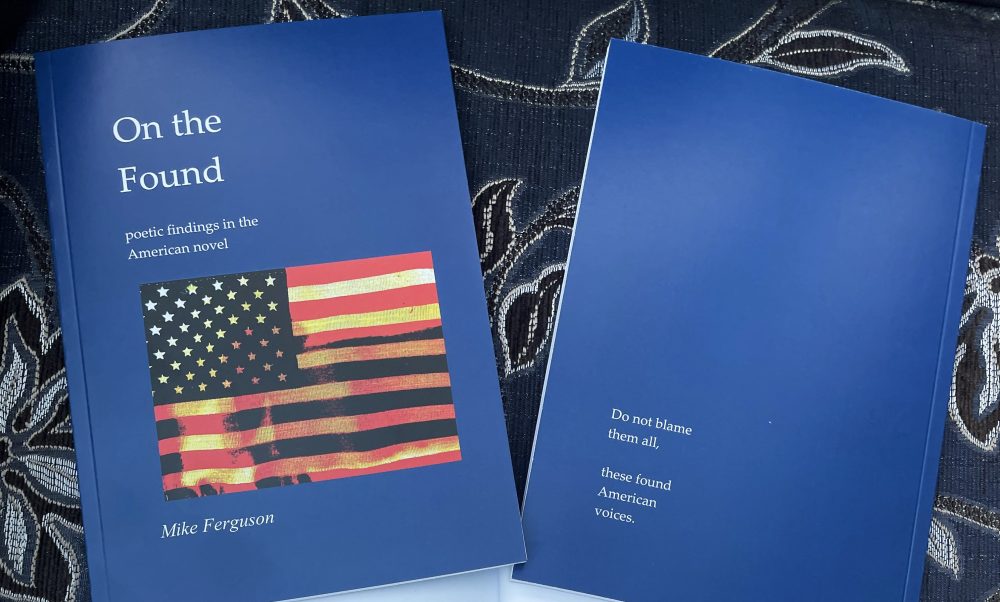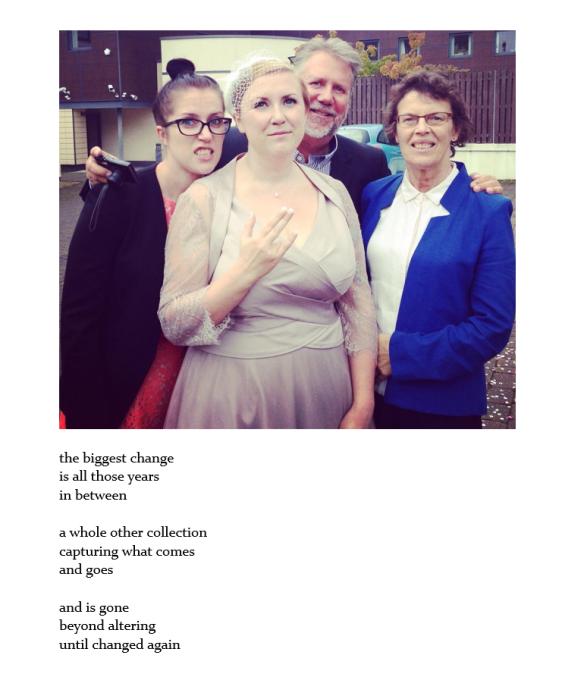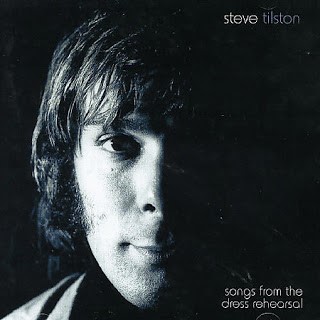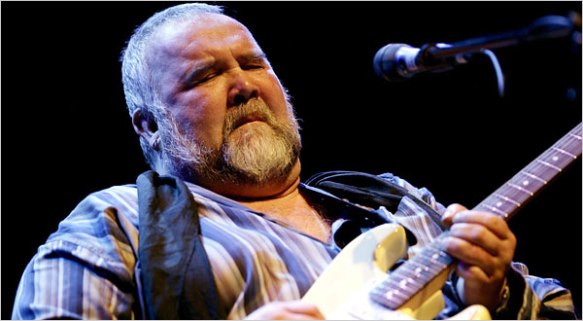[Originally posted August 2011]

On this album, Jim Morrison was not just the mysterious Lizard King – he was also the Crooner King. I don’t know if this is their ‘best’ album – perhaps that is LA Woman – but this is the first The Doors album that I bought and was in fact my major introduction to their music, having heard, naturally, Light My Fire and radio plays of other songs, but not a whole album’s set of tracks. It was an influential introduction.
The album opens with two crooner tunes, the radio friendly and hit Hello I Love You followed by Love Street, a beautiful ballad foregrounding Morrison’s mature and polished vocals. These two tracks reflect the pop sensibilities of the band, perhaps commercially skewed, but I think more genuinely a reflection of the band’s love of melody and varied songcraft.
Third track Not To Touch The Earth is The Doors at their rock and poetic best. A shortened version of The Celebration Of The Lizard, this track grabbed a different attention from this listener and prompted its more specific influence on my emerging love of poetry. I didn’t then and do not now understand the lyrics, but they had their mysterious impact:
Dead president’s corpse in the driver’s car
The engine runs on glue and tar
C’mon along, we’re not going very far
To the east to meet the Czar.
And I went along. Reading Ginsberg too and other American poets of the time [the Evergreen Original The New American Poetry, ed. Donald M. Allen] I wrote my own surreal but naive verse, clouded in its own obtuse and colourful imagery but, unfortunately, not having the inkling, let alone depth of real experience these adults and intellectuals and performers had actually lived.
My GCE English teacher at the time was a nasty person: a bully and a patronising older man who constantly ridiculed and challenged my and a few others’ incipient political and cultural awakenings. I do recall, however, taking my gatefold album into class and his agreeing to play Not To Touch The Earth and then give an interpretation of the full poem The Celebration Of The Lizard printed on the inside. I can’t remember what he said, but it was, surprisingly, calm and genuinely exploratory. Perhaps Morrison had if but for a fleeting moment blown away his prejudices and myopia. It didn’t last.
Summer’s Almost Gone is the fourth track on Side One and another gentle ballad. This side ends though with the powerful anti-war song The Unknown Soldier which at the time was particularly evocative, especially the military snare drum roll and shooting that peak in the story’s melodrama.
Side Two begins with the flamenco guitar-driven Spanish Caravan that is musically distinct because of its virtuoso opening as well as lyrically romantic and exotic. The chanted song My Wild Love continues this sense of mystique and magic with Morrison’s vocals powerfully inflected at the ending of words. The next two tracks, We Could Be So Good Together and Yes, The River Flows are classic pop gems at about 2.30 minutes each – the first a punchy number and the second another sweet, sweet ballad with its seductive mystic heated wine – then this side and the whole album ends on the pummelling Five To One where the lyrics again beguile:
Your ballroom days are over baby
Night is drawing near
Shadows of the evening
Crawl across the years
Others had crafted lyrics to act as a code for real or imagined experiences, often drug oriented or simply to suggest and tease about hallucinogenics, or purely as a code to prompt endless and fruitless decoding. The Doors and obviously Jim Morrison were the band to put language out there as an uncompromising key element. As I said, I can’t remember what my English teacher made of the language, but it was surreal in its own way to hear him reading the following to a group of 15 year olds, most of whom couldn’t give a toss, apart from myself and a few others:
I am the Lizard King
I can do anything
I can make the earth stop in its tracks
I made the blue cars go away
For seven years I dwelt
In the loose palace of exile,
Playing strange games
With the girls of the island.
Now I have come again
To the land of the fair, & the strong, & the wise.
Brothers & sisters of the pale forest
O children of the Night
Who among you will run with the hunt?
Now Night arrives with her purple legion.
Retire now to your tents & to your dreams.
Tomorrow we enter the town of my birth.
I want to be ready.
[NB The 50th anniversary deluxe edition of this album has just been released]

























